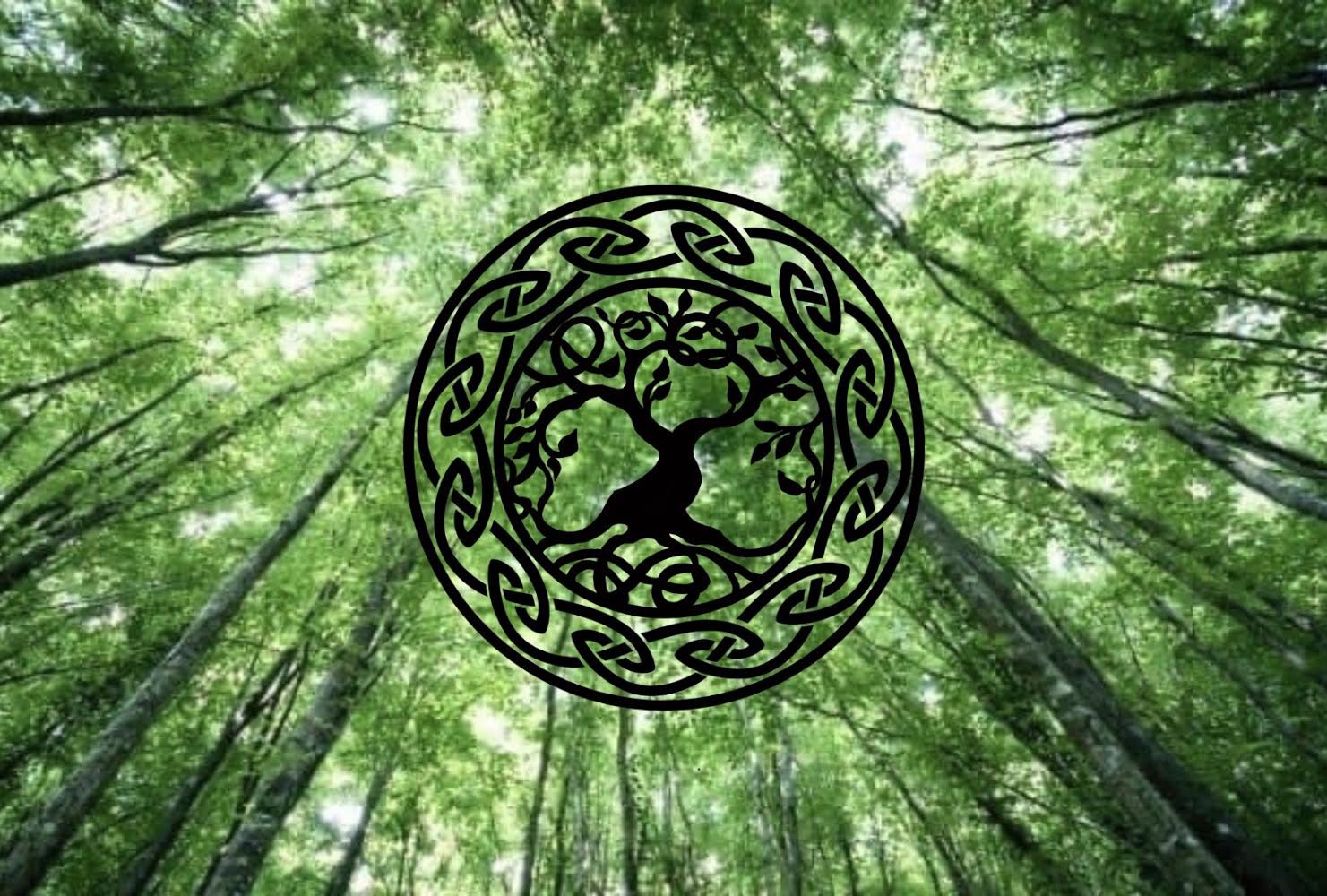Lughnasadh: The Celtic Festival of the First Harvest
- Brion Desmond
- Jul 23, 2024
- 2 min read

Lughnasadh, also known as Lammas, is a traditional Celtic festival celebrated on August 1st. It marks the beginning of the harvest season, specifically the first grain harvest. Named after the god Lugh, this ancient festival is rooted in agricultural practices and communal celebrations that honor the abundance of the earth.
Historical Background
Lughnasadh derives its name from the Celtic god Lugh, a deity associated with light, craftsmanship, and skill. According to legend, Lugh established the festival in honor of his foster mother, Tailtiu, who died from exhaustion after clearing the plains of Ireland for agriculture. The festival was originally a time to celebrate the fruits of the labor-intensive farming season and to give thanks for the first grains harvested.
Agricultural Significance
As an agricultural festival, Lughnasadh was essential for ancient Celtic communities. It marked the beginning of the vital grain harvest, a time when communities would gather to reap the first fruits of their labor. This period was crucial for ensuring enough food for the coming winter months. Celebrations often included the baking of the first bread from the new harvest, symbolizing the bounty provided by the earth.

Rituals and Celebrations
Lughnasadh celebrations varied across regions but commonly included feasting, music, dancing, and games. Traditional activities often featured athletic competitions, such as horse racing and hurling, reflecting Lugh's association with skill and prowess. Other customs included crafting corn dollies from the first sheaf of harvested grain, which were believed to bring good fortune and a bountiful harvest in the following year.
Communal feasts were a highlight of Lughnasadh, where people shared freshly baked bread, fruits, and other seasonal produce. Offerings of the first grains, fruits, and flowers were also made to the gods and spirits of the land, thanking them for the harvest and seeking their blessings for continued abundance.

Modern Observances
Today, Lughnasadh is still celebrated by various communities, particularly within neopagan and Wiccan traditions. Modern observances often involve rituals that honor the earth and its cycles, as well as gatherings that celebrate community and shared prosperity. Activities such as baking bread, holding feasts, and participating in traditional games continue to be central to the festivities.
In some Christian traditions, Lughnasadh has been integrated into the festival of Lammas, or "Loaf Mass," where the first bread made from the new harvest is blessed in churches. This blending of traditions highlights the festival's enduring importance and its ability to adapt to different cultural contexts.

Conclusion
Lughnasadh remains a vibrant celebration of the first harvest, embodying themes of gratitude, community, and the cyclical nature of life. As one of the key festivals in the Celtic calendar, it offers a rich tapestry of history and tradition, reminding us of the deep connection between human societies and the rhythms of the natural world. Whether through ancient rituals or modern practices, Lughnasadh continues to be a time for celebrating the bounty of the earth and the hard work of those who cultivate it.
If you enjoyed this article and want to support us in our effort to provide free resources for those on their sacred path, consider supporting us here








Comments